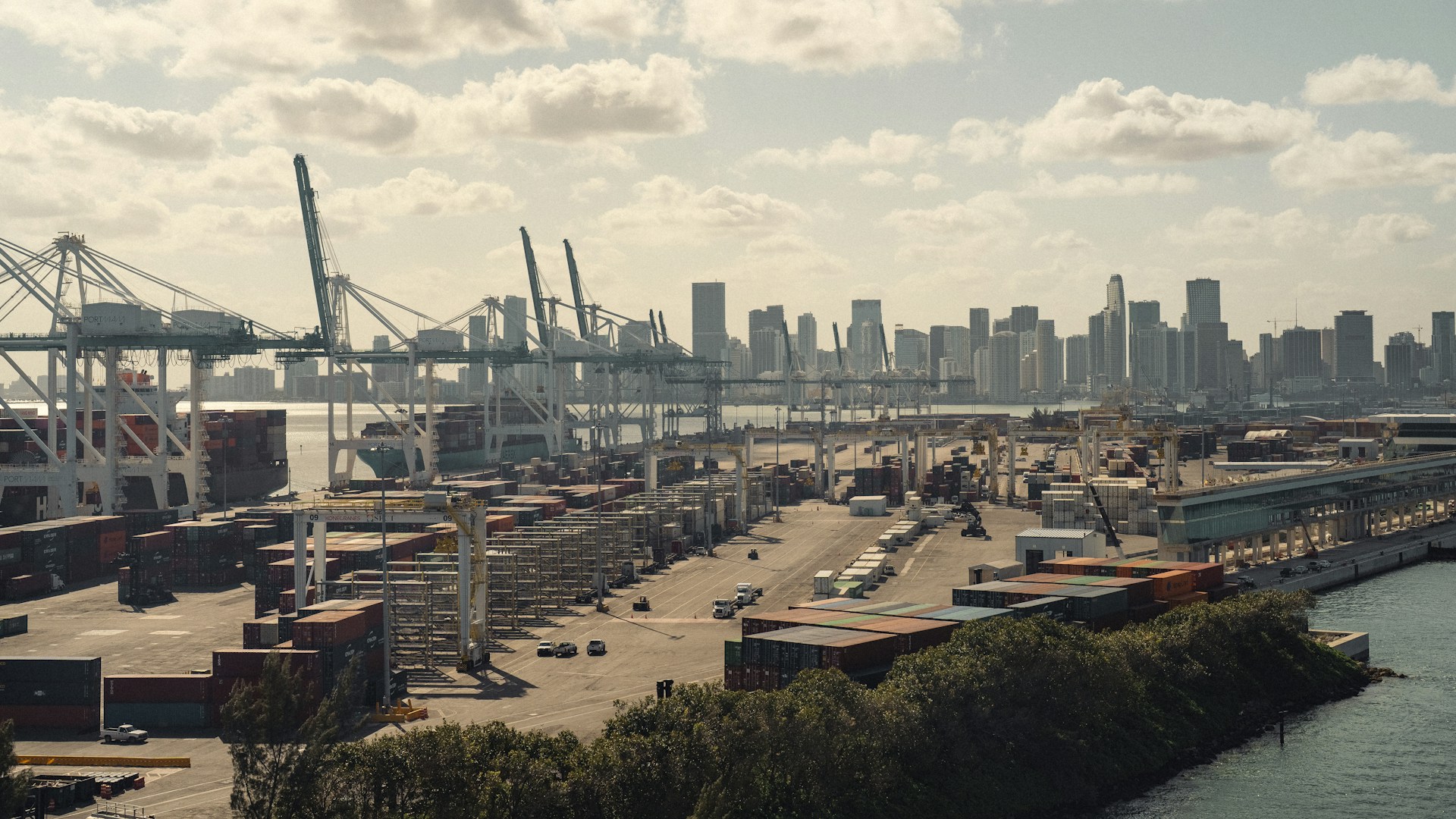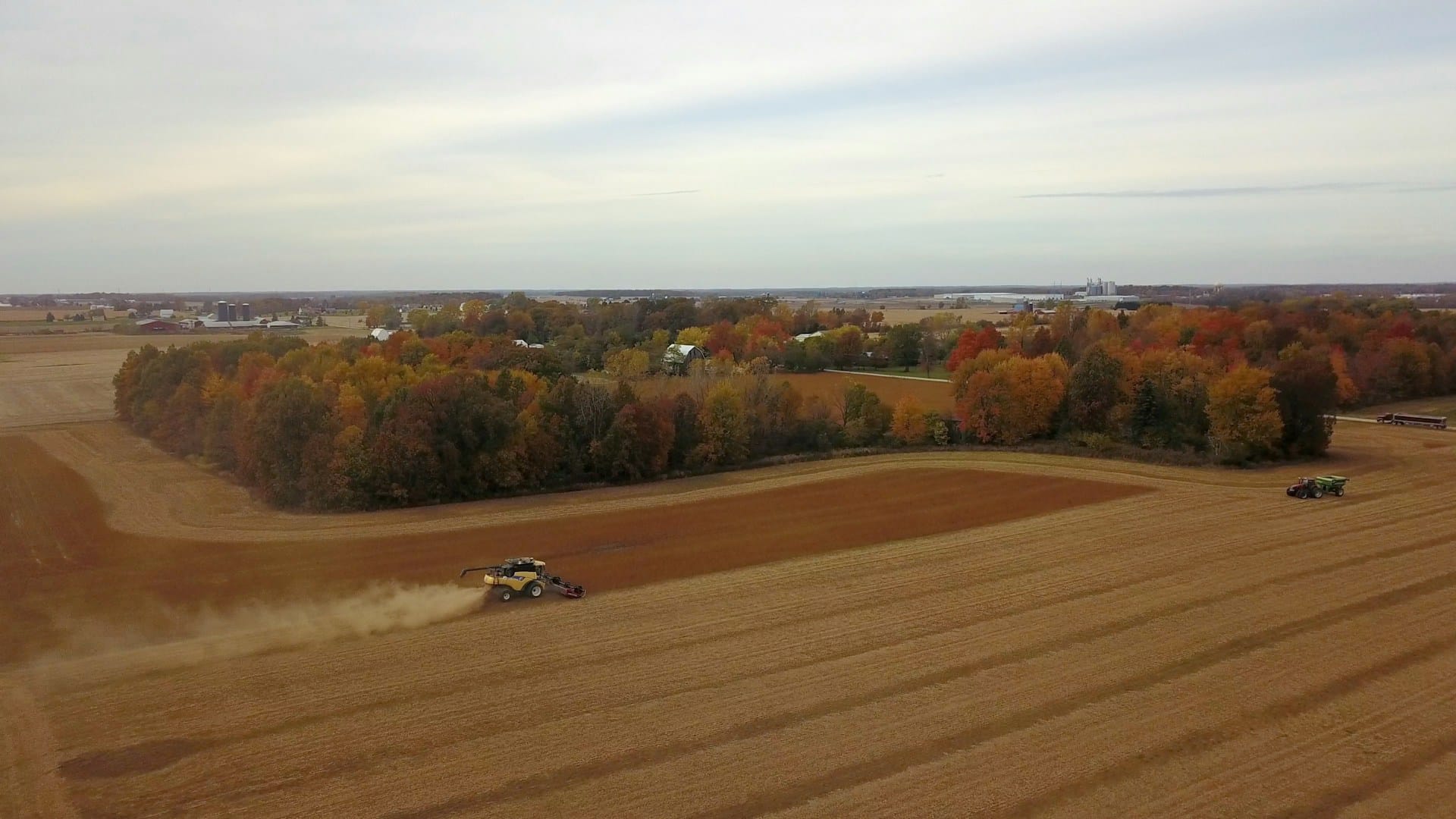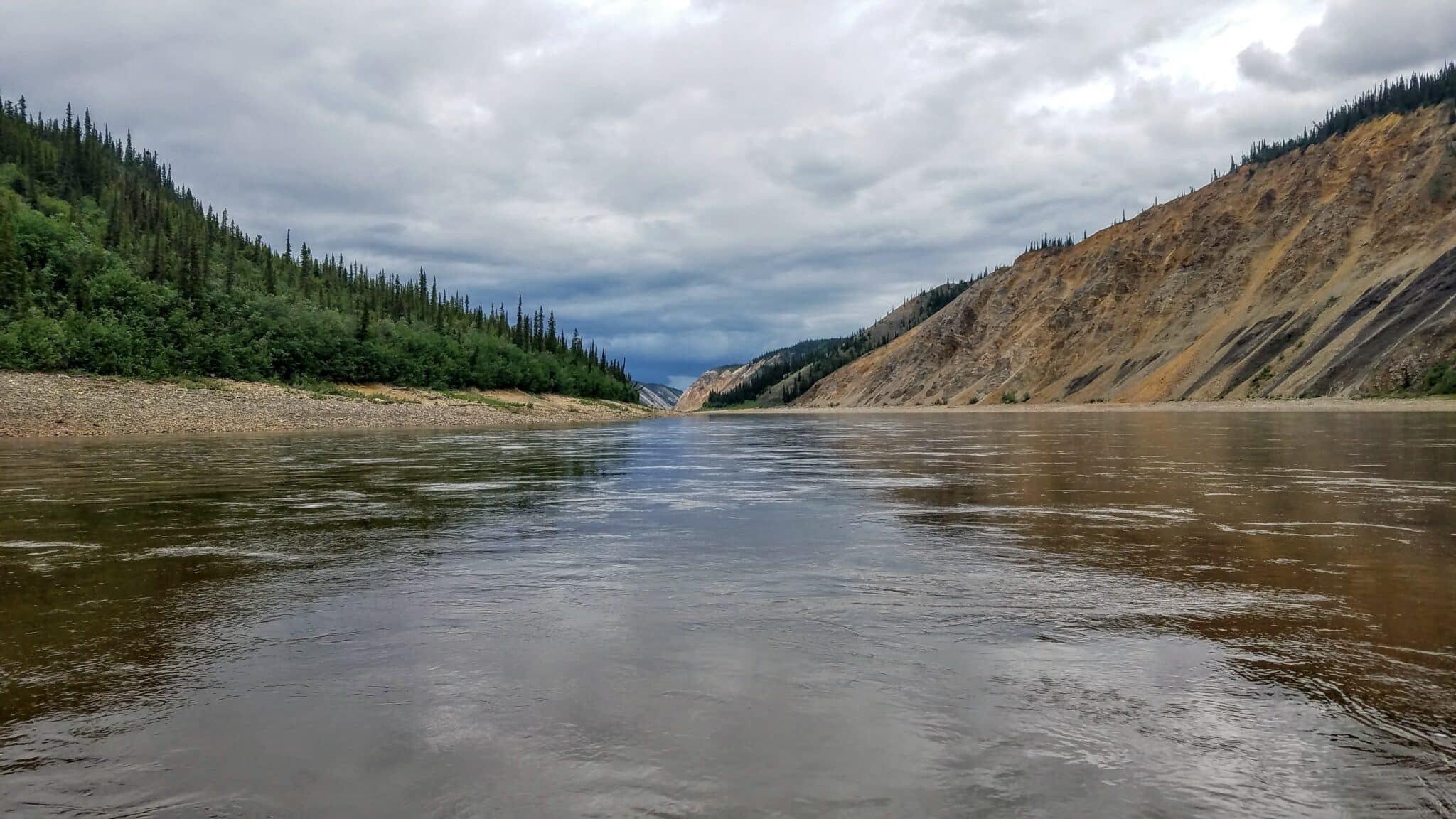Last Friday, the Department of the Interior (DOI) released its long anticipated federal leasing report, as required by Executive Order 14008 signed in January, 2021. The Report on the Federal Oil and Gas Leasing Program provides an overview of the policies that undermine the program’s fiscal return to taxpayers and reduce accountability to the public. It includes several actions the DOI agencies in charge of leasing are considering to improve the system. Overall the report corroborates the need for reforms like increasing the onshore royalty and rental rates that we have been proposing for years.
The report’s topline conclusion states what has been obvious to outside observers for a long time: “Modernization of the Federal oil and gas program has been delayed for decades to the detriment of the American public, their public lands and waters, the environment, wildlife, and more.” The DOI organizes its assessment of the program substantiating that conclusion into three buckets: the program’s inadequate fiscal return, its bias toward leasing instead of managing federal land for multiple uses, and insufficient processes for gaining input from local Tribes and communities.
On the fiscal side, DOI recommends several reforms for both the onshore and offshore leasing systems. The onshore reforms listed in the report closely match reforms recommend by TCS, like raising the royalty rate, rental rate, minimum bid at lease auctions, and the minimum bond amounts to account for lease-specific factors and reduce well abandonment. Implementing these reforms would bring federal oil and gas development closer to policies currently in place on many state lands and increase revenues for taxpayers and states.
For the offshore program, the report highlights the need for tighter limits on discretionary royalty relief, improved financial assurances to ensure companies are capable of required reclamation when production ends, and the implementation of a “Fitness to Operate” standard to guarantee only operators capable of responsible development are given access to federal waters.
On the process front, the report calls for reorienting land use planning to better account for other land uses, reducing the amount of low potential lands up for lease, and screening bidders for onshore lease auctions to improve transparency and cut down on speculation. DOI also suggests that moving away from the area-wide leasing in place since 1982 for offshore lease auctions would better ensure a fair return for taxpayers.
Lastly, DOI notes that past practice has not been inclusive and receptive to the voices of local communities and Tribes. The report recommends undertaking more meaningful Tribal consultation and soliciting more input from the public.
Implementing the above recommendations would go a long way toward creating the responsible management of publicly owned oil and gas resources that taxpayers deserve and the Department of the Interior should take the necessary steps to move forward. Congress must take immediate action to address these issues, raise important revenue, and protect taxpayers. To that end, lawmakers are currently considering legislative proposals, including bipartisan legislation and provisions in the Build Back Better reconciliation bill, that would provide for more lasting reforms to the federal oil and gas program. We will continue to track those actions so stay tuned.











Get Social